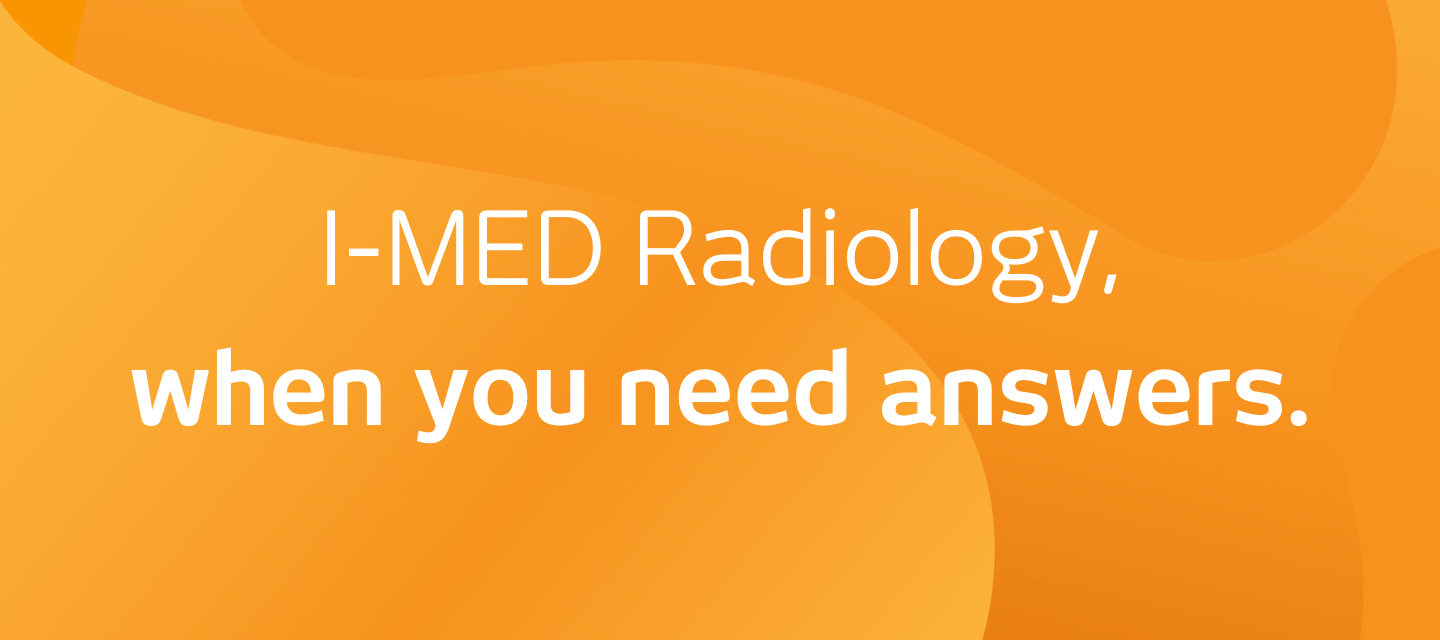
Nuclear medicine colonic transit study
Nuclear medicine colonic transit study
What is a nuclear medicine colonic transit study?
This examination is used to investigate your bowel movements. It can help separate simple constipation from more severe constipation and obstructed defaecation. The procedure takes one week (Monday to Friday). You may be referred for this procedure if you are having problems with constipation or have or are suspected to have a pseudo-obstruction or irritable bowel syndrome.
How do I prepare for the procedure? keyboard_arrow_down
- Laxatives will need to be stopped three days before and for the duration of the study.
- You will be required to fast from midnight on the Monday only.
- If you are breastfeeding you will need to cease entirely for this child.
- This scan is unsuitable for pregnant women.
What happens during the procedure? keyboard_arrow_down
- You will come in on Monday morning and be given two cups of water to drink - the first cup has a small amount of radioactive agent added that will allow us to track your bowel movements (there are no side effects from this agent) - the second is a cup of water to wash it down.
- You are then free to leave the department but must wait an hour after the drinks to eat and drink normally (in case you eat or drink something that makes you unwell and vomit).
- You will be given a time to return in the afternoon for the first image (approximately six hours after the drinks).
- You will need to remove any metal objects eg. belts and jewellery - underwear and zips are ok.
- A Nuclear Medicine technician we take you into the room and will assist you to lie down on the gamma Nuclear MedicineColonic Transit Study camera bed and the camera will move in very close over your abdomen - it will not touch you and there are no sounds from the machine.
- The image will take approximately ten minutes.
- You will return every consecutive morning for the same image.
- A marker will be placed on your right side to help align the images at the end of the week.
What happens after the procedure? keyboard_arrow_down
- Although the amount of radioactivity is small, it is long lasting - for the first three days of the study we ask that you minimise prolonged contact with pregnant women and young children (those under the age of five).
- You will return to the change room to get dressed where you may use the toilet.
- The images will be available online for your specialist and GP to review and the report will be available within 48 hours of the examination.
- If you have any concerns following the procedure please contact your referring physician or the radiology department.
If you experience bleeding or excessive bruising/swelling, redness or other evidence of infection please contact our clinic nurses between 8.00am and 6.00pm. Outside these hours please contact your local emergency centre or referring doctor.
Related procedures

This information has been reviewed and approved by Dr Ronald Shnier (I-MED Chief Medical Officer).
Related articles

Related procedures

This information has been reviewed and approved by Dr Ronald Shnier (I-MED Chief Medical Officer).
Related articles

